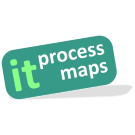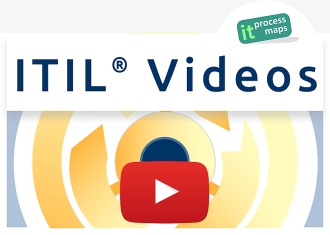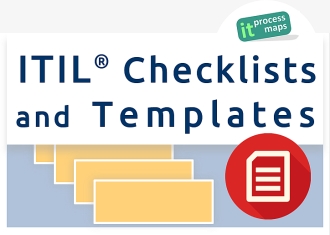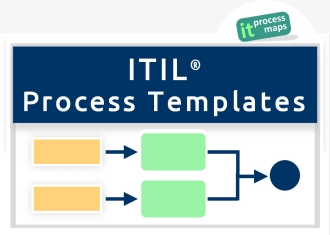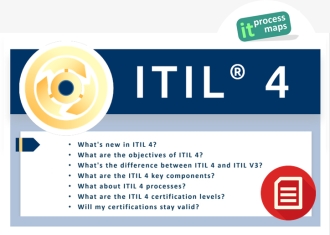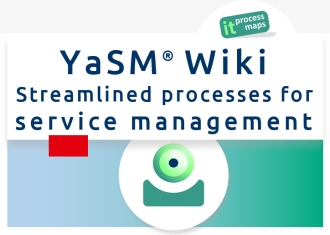Checklist Service Level Agreement (SLA)

→ see also: ITIL Checklist Service Level Agreement SLA, enhanced with many additions
ITIL Process: ITIL V2 Service Delivery - Service Level Management
Checklist Category: Checklists for Service Level Management
Source: Checklist "Service Level Agreement - SLA" from the ITIL Process Map V2 | ⯈ ITIL Process Map V3
The Service Level Agreement contains the contractually relevant data for an IT Service:
- Name of the IT Service
- Clearance information (with location and date)
- Service Level Manager
- Client representative
- Contact persons
- Name of the Service Provider
- Name of the Service recipient
- Contact partners/ persons in charge (on client-side as well as on the side of the IT Organization) for
- Contractual changes
- Complaints and suggestions
- Escalations in the case of contractual infringements
- Service reviews
- Emergencies
- Contract duration
- Contract start
- Contract end
- Rules for changes to the SLA
- How are requests for change submitted (deletions, additions or changes to components of the SLA)?
- How are the requests for change and their implementation controlled?
- Who is responsible for the clearance of the changes?
- Rules for termination of the SLA
- Service description
- Short description of Service
- Users of the IT Service on the client-side
- Breakdown of the offered Service into Service groups, e.g. along infrastructure components or IT applications
- For each Service group:
- Which Services are offered, e.g.
- Handling of Service interruptions (by telephone, by remote access, on site?)
- User Services (user administration, installation, …)
- What quality is required of the offered Services, e.g.
- Service times
- Availability requirements
- Number of interruptions allowed
- Availability thresholds (xx,xx %)
- Downtimes for maintenance (number of allowed downtimes, pre-notification periods)
- Procedure for announcing interruptions to the Service (planned/ unplanned)
- Performance requirements
- Required capacity (lower/upper limit) for the Service
- Allowed workload/ usage of the Service
- Response times from applications
- Reaction and resolution times (according to priorities, definition of priorities e.g. for the classification of Incidents)
- Requirements for the maintenance of the Service in the event of a disaster
- Which Services are offered, e.g.
- Relations to other IT Services
- Procedures for requesting the IT Service
- Requests possible by telephone/fax/mail, ... (addresses, telephone numbers, etc.)
- Responsibilities
- Of the client (also within the field of IT Security)
- Responsibilities and liability of the IT Organization
- Quality assurance and Service Level Reporting
- Measurement procedures
- Which indicators
- With which measurement procedures
- At which intervals
- Collated into which reports
- SLA Reviews
- Intervals at which SLA reviews are to be held
- Measurement procedures
- Service accounting
- Costs for the provision of the Service
- Accounting method for the Service
- Intervals for invoicing
- Glossary
